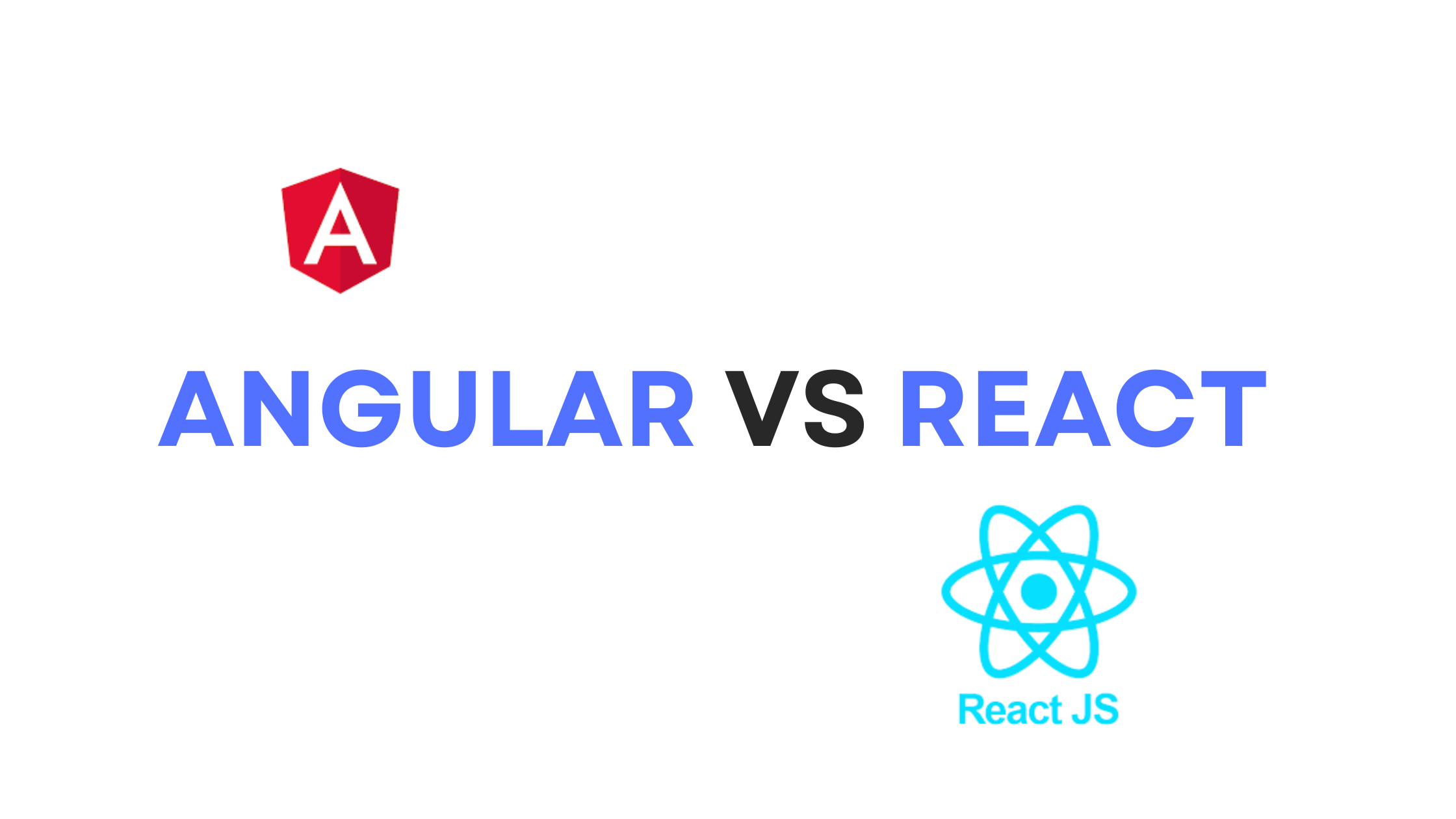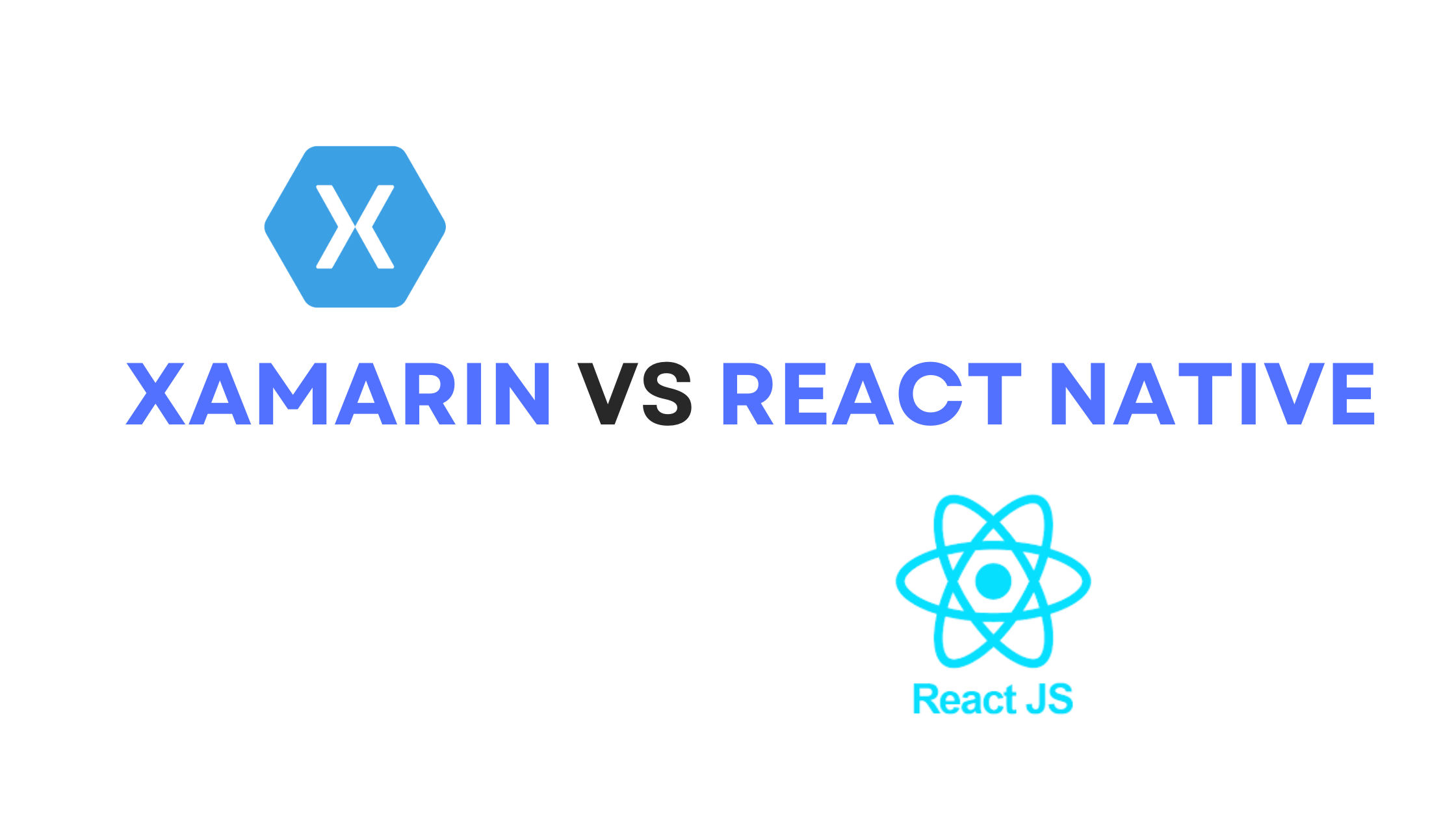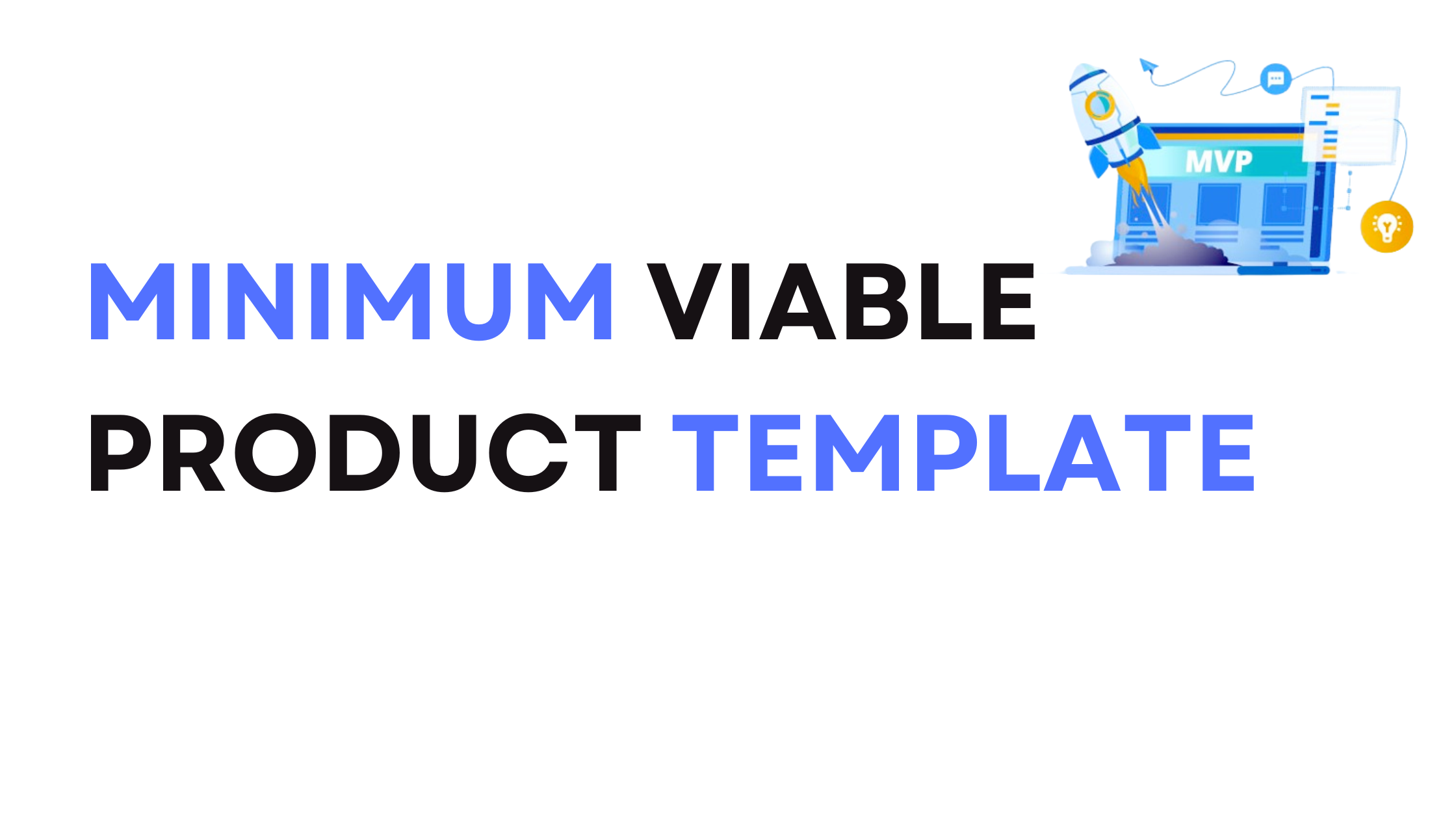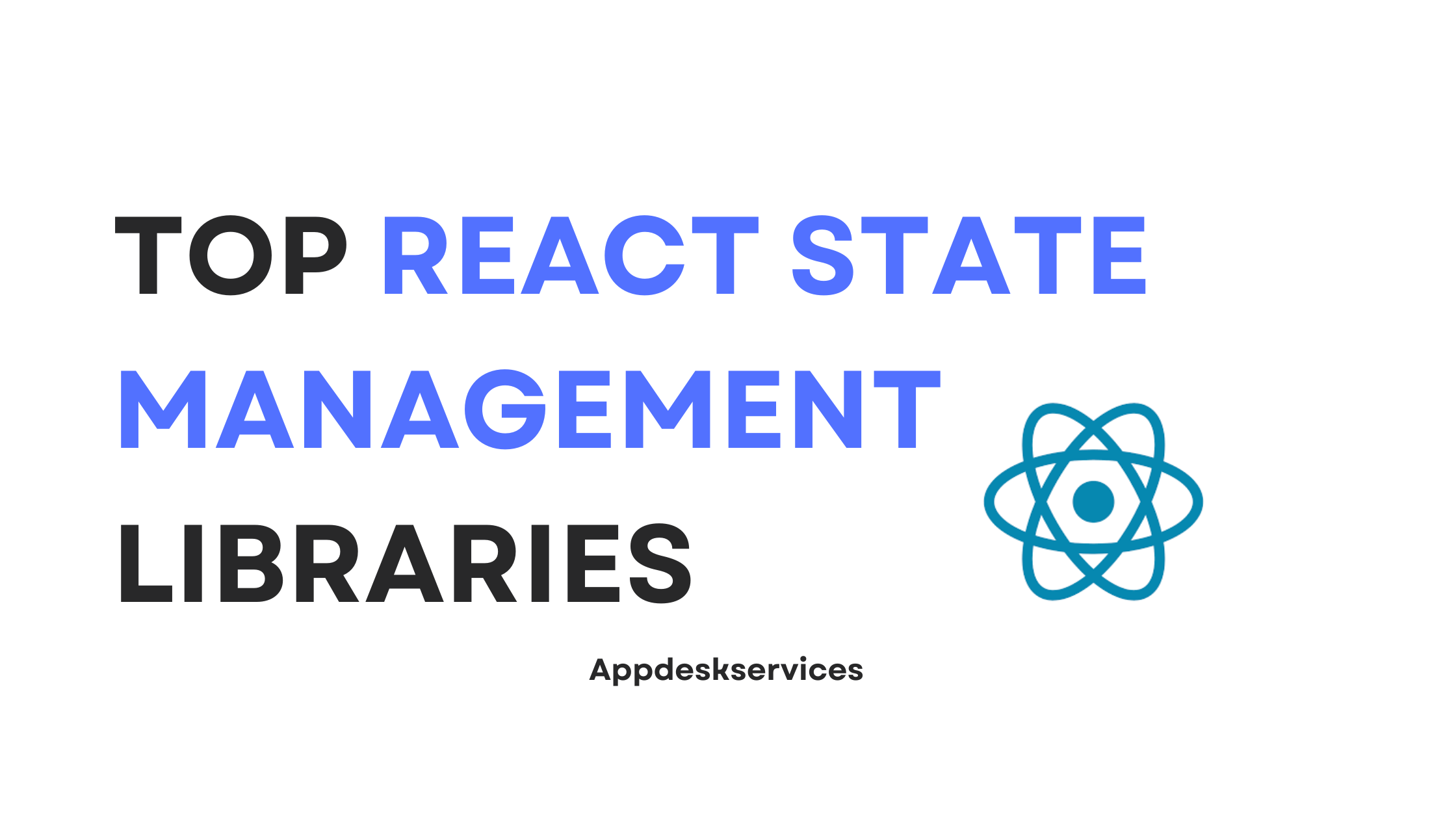Salesforce is a powerful Customer Relationship Management (CRM) platform that is widely used by businesses to manage their customer interactions, sales processes, and more. As a Salesforce Developer, you will be responsible for customizing and developing applications within the Salesforce ecosystem to meet the specific needs of an organization. This guide will provide a step-by-step approach to becoming a Salesforce Developer, including the skills you need, certifications to pursue, and tips for building your career.
What Does a Salesforce Developer Do?

A Salesforce Developer is responsible for designing, coding, and implementing solutions on the Salesforce platform. They work closely with stakeholders to understand business requirements and translate them into technical specifications. Key responsibilities include:
- Customizing Salesforce applications using Apex, Visualforce, and Lightning components
- Integrating Salesforce with other systems
- Creating and managing Salesforce objects, fields, and relationships
- Developing custom workflows, process builders, and triggers
- Ensuring data integrity and security within the Salesforce environment
- Troubleshooting and debugging issues in the Salesforce platform
Why Choose a Career as a Salesforce Developer?
Salesforce Developers are in high demand due to the widespread adoption of the Salesforce platform by businesses of all sizes. A career in Salesforce development offers several benefits:
- High Demand: Salesforce is one of the leading CRM platforms, and skilled developers are needed to customize and enhance its capabilities.
- Competitive Salaries: Salesforce Developers earn attractive salaries, with opportunities for growth as you gain more experience and certifications.
- Flexibility: Opportunities for remote work and freelance projects.
- Community and Resources: A strong community of professionals and extensive resources for learning and development.
Steps to Become a Salesforce Developer
1. Develop Essential Skills
To become a proficient Salesforce Developer, you need to master a range of technical and soft skills.
Technical Skills
- Apex: Salesforce’s proprietary programming language similar to Java, used for writing custom logic.
- Visualforce: A framework for building custom user interfaces in Salesforce.
- Lightning Components: Modern components-based framework for developing dynamic web applications within Salesforce.
- SOQL: Salesforce Object Query Language, used to query data in Salesforce.
- Web Technologies: Knowledge of HTML, CSS, JavaScript, and other web development technologies.
- Integration: Understanding of REST and SOAP APIs for integrating Salesforce with other systems.
Soft Skills
- Problem-Solving: Ability to analyze requirements and devise efficient solutions.
- Communication: Effectively communicate with stakeholders to understand their needs and explain technical concepts.
- Continuous Learning: Stay updated with the latest Salesforce releases, features, and best practices.
2. Gain Experience
Practical experience is crucial for developing your skills and building a portfolio of work.
Personal Projects
- Sandbox Environment: Use Salesforce’s free Developer Edition to practice and build custom applications.
- Trailhead Projects: Complete hands-on projects on Salesforce Trailhead, a learning platform that offers guided tutorials and challenges.
Internships
- Seek Internships: Look for internship opportunities with companies that use Salesforce. This provides real-world experience and exposure to business processes.
3. Get Certified
Certifications validate your skills and make you stand out in the job market. Salesforce offers a range of certifications for developers:
Salesforce Certified Platform Developer I
- Focus: Basic knowledge of Apex, Visualforce, and Lightning components.
- Preparation: Complete the recommended Trailhead modules and hands-on projects.
Salesforce Certified Platform Developer II
- Focus: Advanced knowledge and expertise in Salesforce development.
- Preparation: Gain practical experience, complete advanced Trailhead modules, and pass the Platform Developer I certification.
Additional Certifications
- Salesforce Certified Administrator: Understanding of Salesforce configuration and management.
- Salesforce Certified App Builder: Skills in designing and building custom applications on the Salesforce platform.
4. Build a Portfolio
A portfolio showcases your skills and projects to potential employers. Include:
- Projects: Highlight diverse projects that demonstrate your skills in Apex, Visualforce, and Lightning components.
- Code Samples: Show your proficiency in writing clean and efficient code.
- Screenshots and Documentation: Provide visual evidence and detailed explanations of your work.
5. Network
Networking is essential for finding job opportunities and advancing your career.
Use Online Platforms
- LinkedIn: Create a professional profile, connect with other Salesforce professionals, and join relevant groups and discussions.
- Trailblazer Community: Engage with the Salesforce community, participate in forums, and attend local meetups.
Attend Networking Events
- Salesforce Events: Attend Dreamforce, TrailheaDX, and other Salesforce conferences to meet professionals and learn about the latest developments.
- Local Meetups: Join local Salesforce user groups and meetups to connect with professionals in your area.
6. Create Your Resume
A well-crafted resume is key to landing a job in Salesforce development. Ensure your resume includes:
Relevant Keywords
- Tailor Your Resume: Customize your resume for each job application by including relevant keywords from the job description.
- Highlight Technical Skills: Include specific skills like Apex, Visualforce, and Lightning components.
Achievements
- Quantify Accomplishments: Highlight your achievements using specific metrics and examples.
- Showcase Projects: Include key projects from your portfolio, detailing your role, the technologies used, and the outcomes.
Skills
- Technical Skills: List your technical skills, including programming languages, frameworks, tools, and technologies.
- Workplace Skills: Include soft skills such as communication, problem-solving, creativity, and teamwork.
Portfolio Link
- Include a Link: Provide a link to your online portfolio so potential employers can easily view your work.
- Showcase Best Work: Ensure your portfolio highlights your best projects and demonstrates your range of skills.
Additional Tips for a Strong Resume
- Keep It Concise: Limit your resume to one or two pages, focusing on the most relevant information.
- Use a Professional Format: Choose a clean and professional layout that is easy to read.
- Proofread: Carefully proofread your resume to eliminate any errors and ensure it is polished.
Conclusion
Becoming a Salesforce Developer is an achievable goal with the right approach. By developing essential skills, gaining practical experience, building a compelling portfolio, obtaining certifications, networking, and crafting an impressive resume, you can demonstrate your capabilities and attract potential employers. Stay committed to continuous learning and improvement, and you’ll be well on your way to a successful career in Salesforce development.













